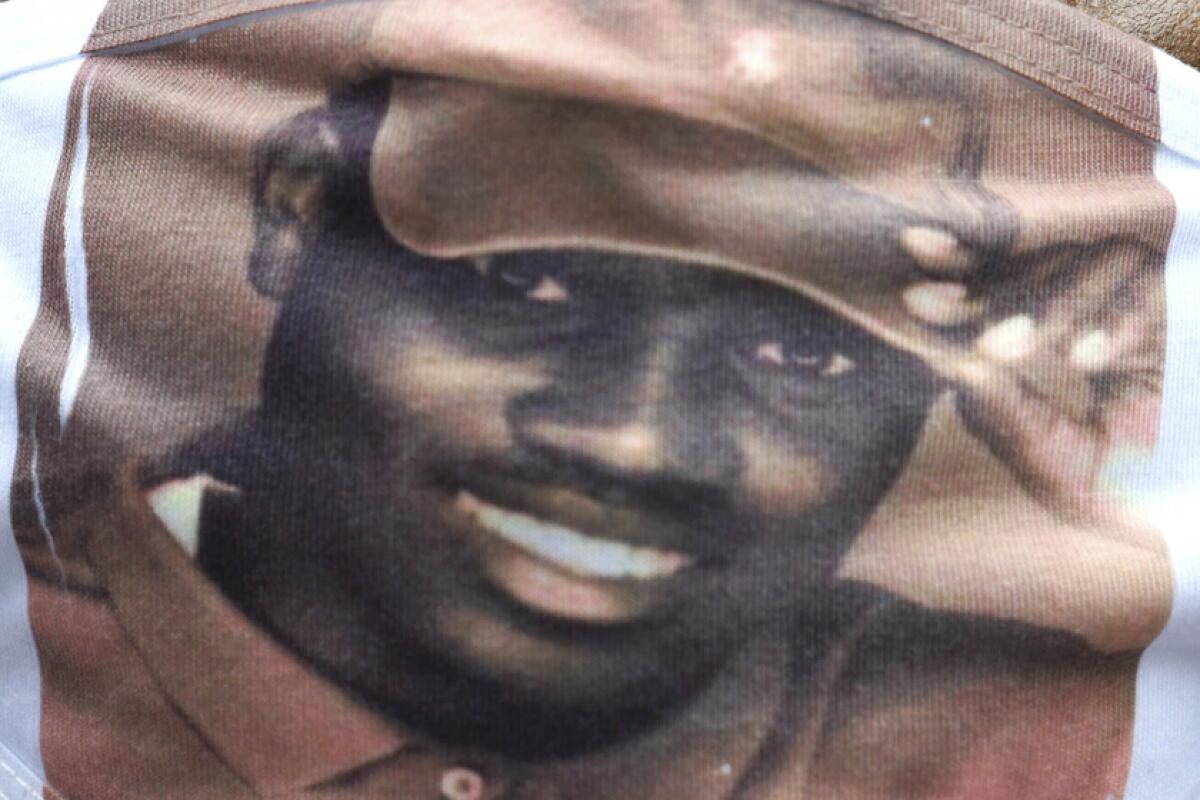Justice for Arbery, at last

Ahmaud Arbery’s killing in February 2020 sounded at first like a horrific flashback to an earlier era in which white men killed Black men for appearing in places they were neither expected nor welcome, and then were coddled instead of arrested and prosecuted by the local police. It brought to mind the distant memory of Emmett Till and more recent one of Trayvon Martin.
It seemed a bit more modern when finally, more than two months later, amid mounting public outrage and state pressure, Gregory McMichael, Travis McMichael and William “Roddie” Bryan Jr. were arrested in the killing. The guilty verdicts Wednesday at last bring the case to a present day in which people who engage in such blatant aggression are held to account, though they aren’t always.
Arbery was out for a jog when the three men in two trucks chased him, ostensibly because they heard rumors of thefts and break-ins in the neighborhood. The assailants, one of whom was a former police officer, took it upon themselves to go after the person they deemed to be a suspect. They were taking their places in a long and horrid tradition of lynching, vigilantism and so-called citizen policing.
It will be tempting to see the convictions, just like the acquittal last week of Kyle Rittenhouse, as a “win” or a “loss” for one side or the other in the nation’s smoldering debate over race, politics and justice. That’s a deceptive lens. No jury can carry the weight of such a fight.
If they do their jobs properly, jurors decipher the facts that were presented and render a decision based on the law of the jurisdiction where they serve. The jurors in the Arbery case appear to have done that. Whether the laws need changing, and if so, how, are separate questions.
But there is a victory in this verdict for racial and criminal justice. Georgia, for its part, updated its citizens arrest laws last year in response to the Arbery killing. That’s a win, too, for professional law enforcement, who recognize that police do a job that should not be entrusted to just anyone with a gun who harbors suspicions or animus about another person.
That’s a counterpoint in the nation’s national debate over policing and professional law enforcement’s use of the special powers we grant them. Whether those powers should be curbed remains a subject for discussion, but the verdicts at least argue against extending them to all people, including ex-cops like Gregory McMichael.
But for now, at least, there is justice for Arbery, at last.
More to Read
A cure for the common opinion
Get thought-provoking perspectives with our weekly newsletter.
You may occasionally receive promotional content from the Los Angeles Times.










